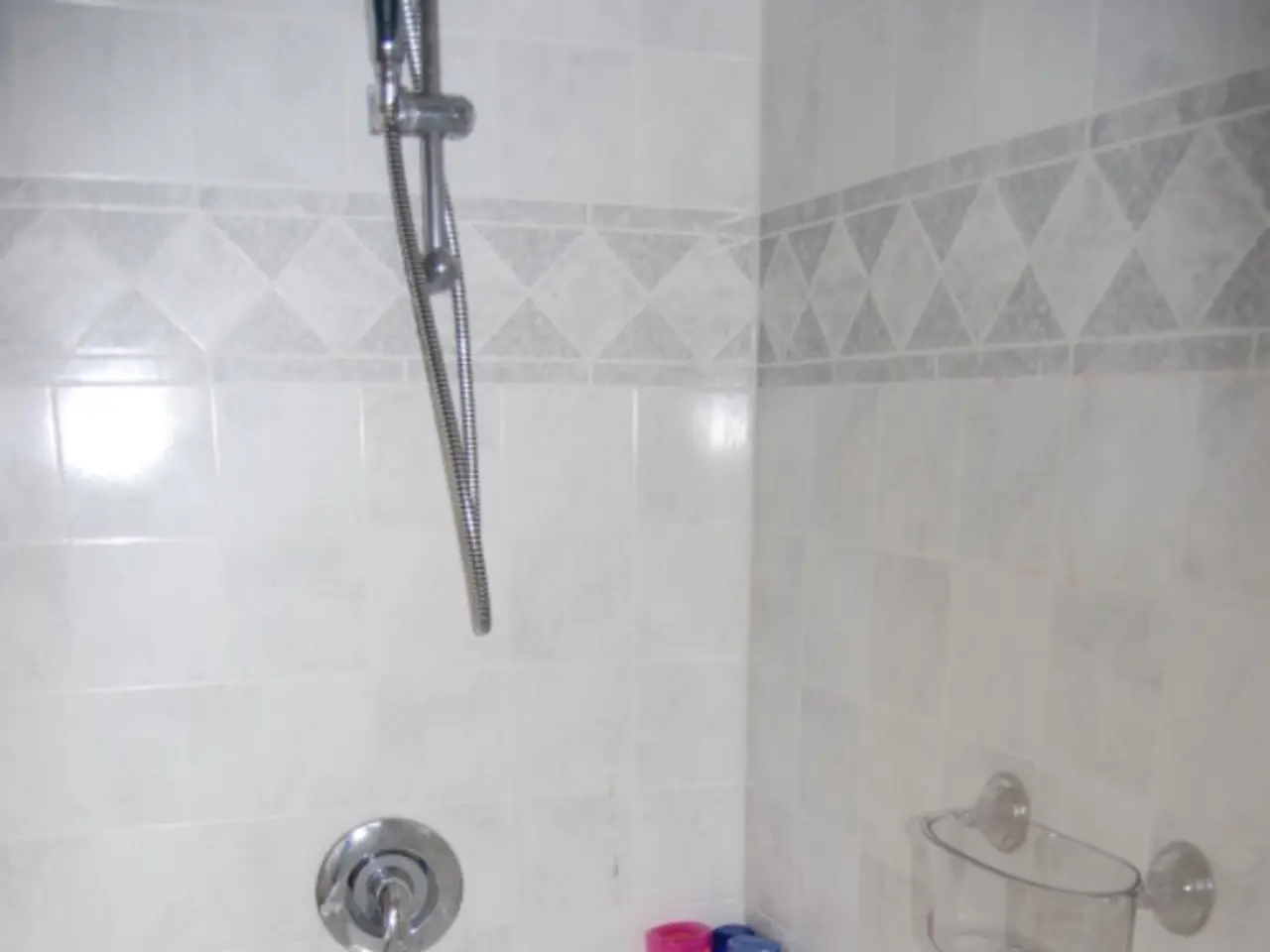Patient with Alzheimer's Disease Resists Bathing
Making Bathing Easier for Alzheimer's Patients: A Comprehensive Guide
Bathing can be a challenging task for Alzheimer's patients, often leading to refusal due to various reasons such as fear, confusion, embarrassment, sensory sensitivity, or physical discomfort. However, maintaining cleanliness and hygiene is essential for their health and wellbeing. Here are some strategies to make bathing easier for them.
Reasons for Refusal
Alzheimer's patients may feel uneasy or disoriented in the bathing environment, perceive the bathroom as a place where accidents and mishaps can occur, or experience discomfort due to warm water or soap. Some individuals may also feel embarrassed about being naked and dependent on a caregiver for changing clothes or bathing.
Strategies for Easier Bathing
- Preparation is Key: Ensure that all necessary items, such as shampoo, soap, conditioner, and towels, are readily available and visible to reduce anxiety.
- Comfort and Privacy: Maintain a comfortable and private environment. Use warm towels and soft music to create a relaxing atmosphere.
- Sponge Baths or Dry Shampoo: If regular bathing is too stressful, consider using sponge baths or dry shampoo to maintain essential hygiene without the full bathing experience.
- Gentle Approach: Use gentle language and avoid rushed behaviors. Allow the patient to set the pace and feel in control.
- Minimize Sensory Overload: Avoid strong water jets or harsh soap that might irritate their skin. Use gentle, fragrance-free products if possible.
- Involve Them in the Process: Encourage participation by letting them choose the time or assist with simple tasks like washing hands.
- Create a "Spa Day" Experience: Frame bathing as a spa-like experience to emphasize relaxation and enjoyment.
It's important to keep an Alzheimer's patient's private parts covered with a towel during bathing and to give clear instructions for self-undressing. Caregivers should be aware of an Alzheimer's patient's sensitivity to water temperature to prevent discomfort during bathing. Undressing in front of a caregiver can be embarrassing for an Alzheimer's patient and something they will want to avoid at all costs.
An Alzheimer's patient may refuse to bathe due to safety concerns, such as fear of slipping on slippery tiles or being isolated in the bathroom. Caregivers should ensure the bathroom is safe and free from slippery surfaces. They should also be aware of an Alzheimer's patient's sensitivity to water temperature to prevent discomfort during bathing.
Alzheimer's patients may become defensive if they perceive the caregiver's reminders as an invasion of their personal space. Caregivers should approach the situation with kindness and understanding, reminding the patient of the importance of bathing for their health and wellbeing.
Just because an Alzheimer's patient has declining memory, it does not mean they have lost their dignity. Caregivers should remember to treat their patients with respect and dignity, maintaining their privacy and independence as much as possible.
For Alzheimer's patients, bathing is about personal safety, dignity, comfort, and maintaining their daily routine. By following these strategies, caregivers can help make bathing a more pleasant and less stressful experience for their patients.
- Caregivers should be mindful of neurological disorders like Alzheimer's disease, as changes in memory and behavior can make bathing a source of distress for patients with such medical-conditions.
- In caregiving for Alzheimer's patients, it's essential to maintain a balanced approach that respects their privacy and dignity while ensuring their health-and-wellness needs, such as cleanliness and hygiene, are met.
- Scientific research and advancements could offer novel solutions to ease the bathing process for Alzheimer's patients, potentially incorporating technology or alternative care practices, thereby improving their quality of life and caregiver experience.








